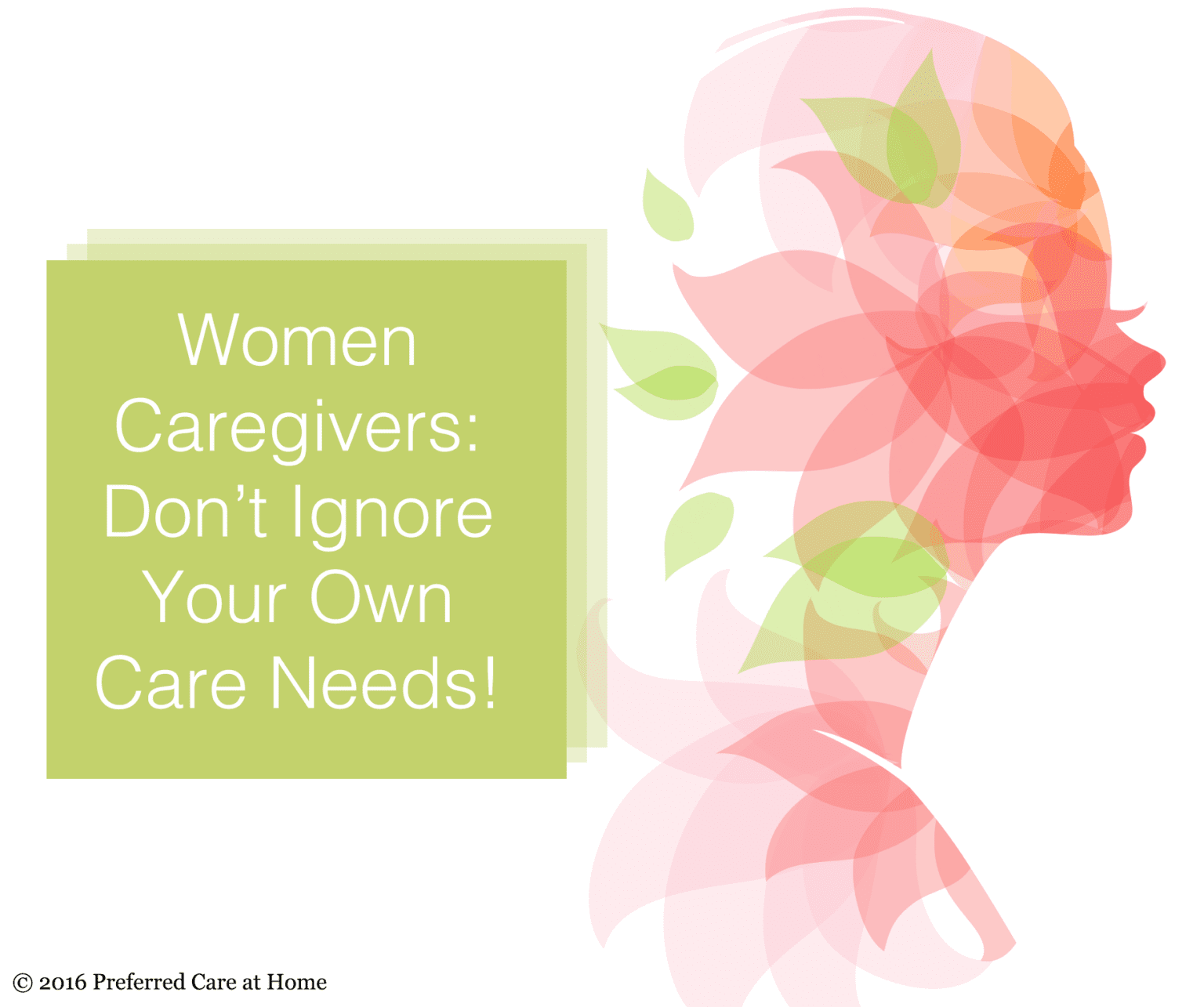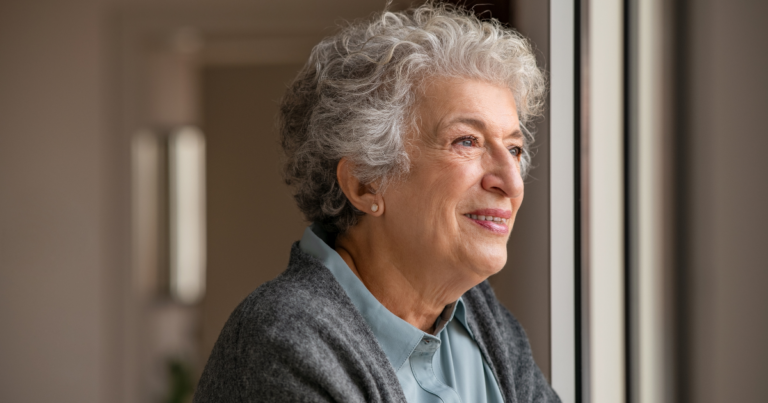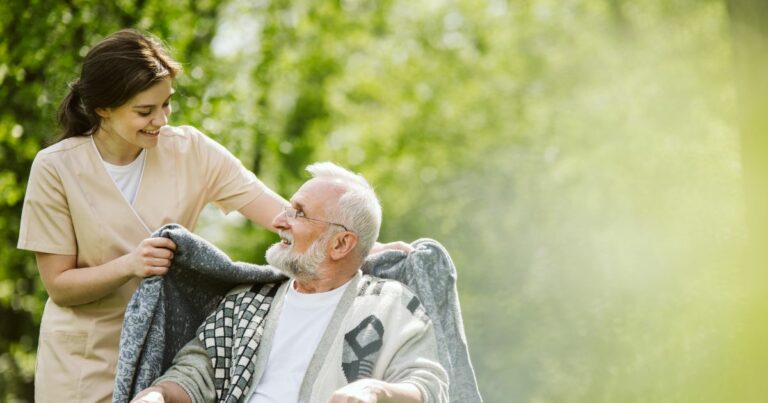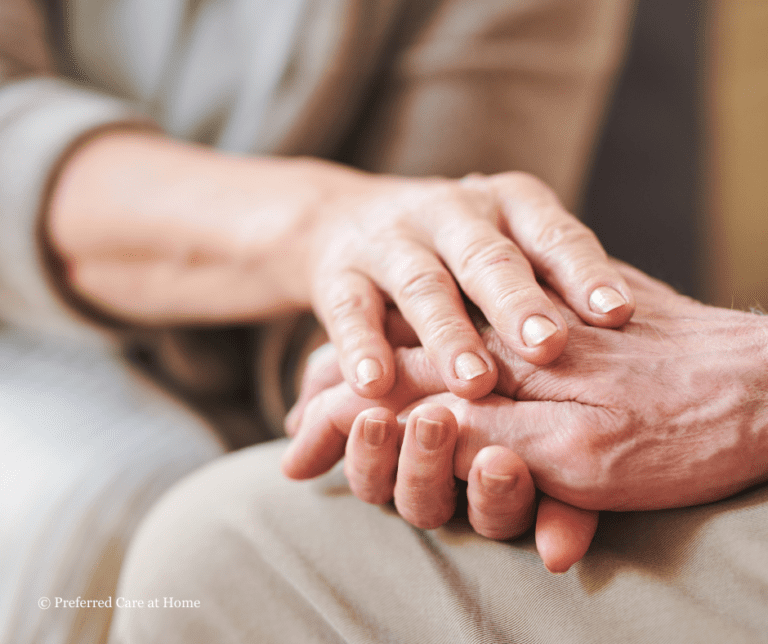Women Caregivers: Don’t Ignore Your Own Care Needs!
Published January 12, 2016 by Laurie Salmons, RN, BSN in At Home Caregiving

Many of the caregivers for elderly parents are women, some sources say at least 66%, and the age of most of these women is between 48 and 49. These dedicated women have care needs of their own.
On a recent Saturday, I was notified of a dear friend’s hospitalization. It was hard to fathom the reason since this particular 50 year old friend is, in my opinion, the picture of health. She is a third grade teacher, always on the move, workouts daily, maintains a good diet plan, and is a caretaker for her family. What could be the reason for the hospitalization? Upon entering her hospital room, I came to the knowledge she had suffered a heart attack. Yes, like the symptoms that are often very different for women than for men, her only symptoms were apparently some mild pain in the shoulders and back. No extensive pressure in the chest or pain running down the left arm as is common to men. Upon further questioning, she had also been having a great deal of indigestion, at least she thought it was indigestion, and all these symptoms had been occurring for over a week.
My point here, is as women we often ignore our body’s own responses to stress and to pain. We often carry on our daily lives in detriment to ourselves. This seems to be even more the case with women caregivers.
According to the Family Caregiver Alliance, “Older persons with long-term care needs—65%—rely exclusively on family and friends to provide assistance. Another 30% will supplement family care with assistance from paid providers. Care provided by family and friends can determine whether older persons can remain at home or have to be institutionalized.
Within our complex system of long-term care, women’s caregiving is essential in providing a backbone of support. In fact, the value of the informal care that women provide ranges from $148 billion to $188 billion annually. Women provide the majority of informal care to spouses, parents, parents-in-law, friends and neighbors, and they play many roles while caregiving—hands-on health provider, care manager, friend, companion, surrogate decision-maker and advocate.”
In playing many roles, it is easy to see how these women caregivers can leave themselves out of the care loop. Meaning, taking time to care for themselves as well as their loved ones. It’s also understandable how they may become overwhelmed or even ill prior to noticing warnings signs.
So once again, I recommend that as a caregiver, you do early and often assessments of not only what your loved one may need in the upcoming days/weeks but also what you may need to care for yourself.
- Have you taken the flu shot this year and other important health care appointments?
- Have you planned for some volunteer workers from your church or community to help you take time for yourself?
- Have you investigated private duty companies that may be able to help with short notice when you find yourself becoming overwhelmed or needing a health break?
Take the time to cover these bases and be prepared for what you may need to take care of not just your loved one but take care of YOU!
If you have questions about senior home
care services or if you want to start care:
Related Posts

October 19, 2023
Preventing Osteoporosis: Essential Tips for Stronger Bones Post-Menopause
R. Bradley Robinson, M.D.

September 28, 2023
3 “Little Things” That Improve Communication Between Caregivers and Loved Ones
Francesca Robinson, MA

August 4, 2022
Caregiving: Give Yourself Some Credit – You Deserve It!
Laurie Salmons, RN, BSN
Helping seniors age in place, with dignity & grace.